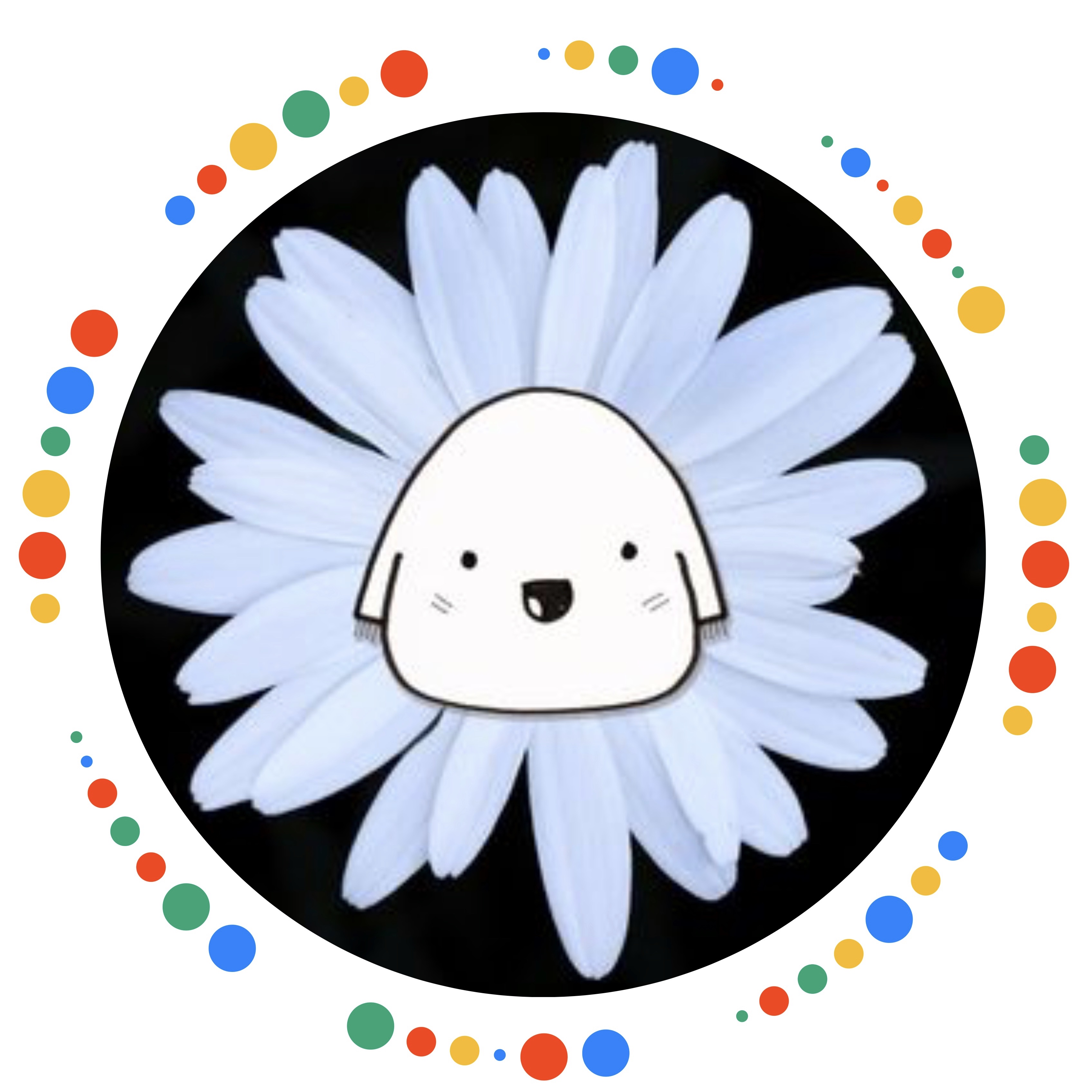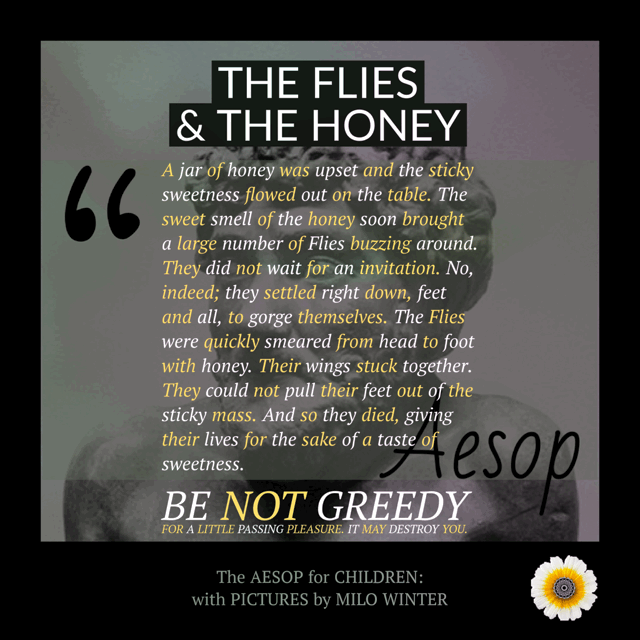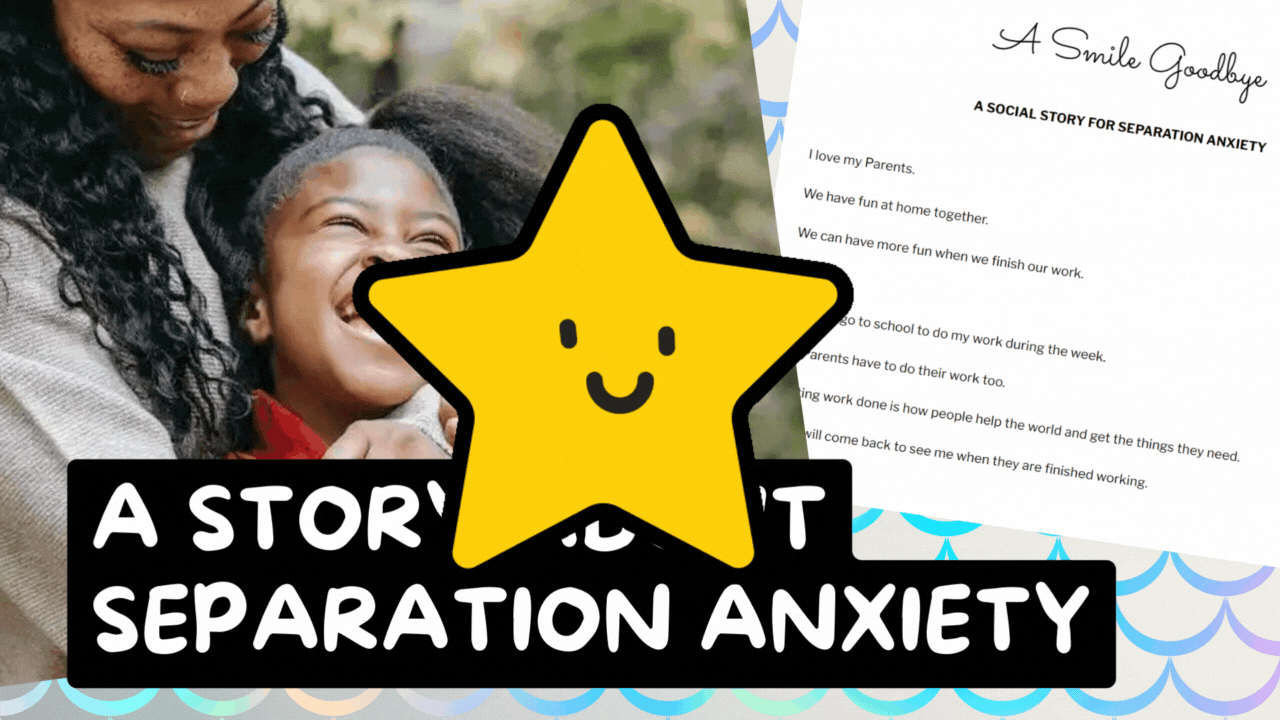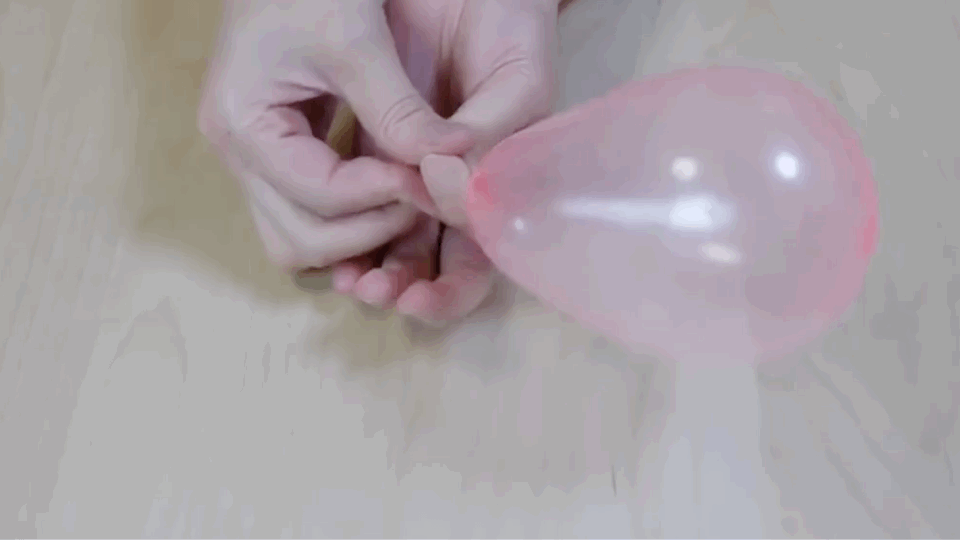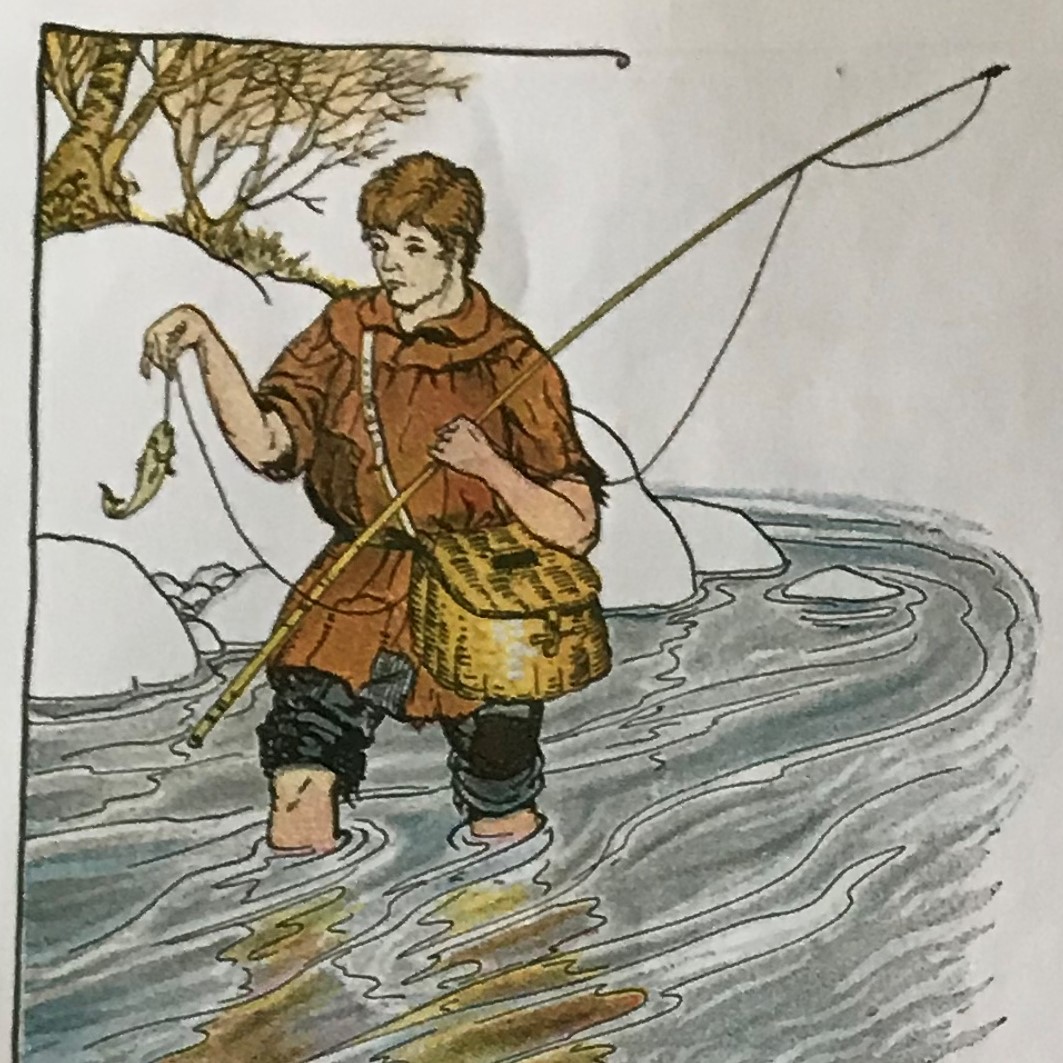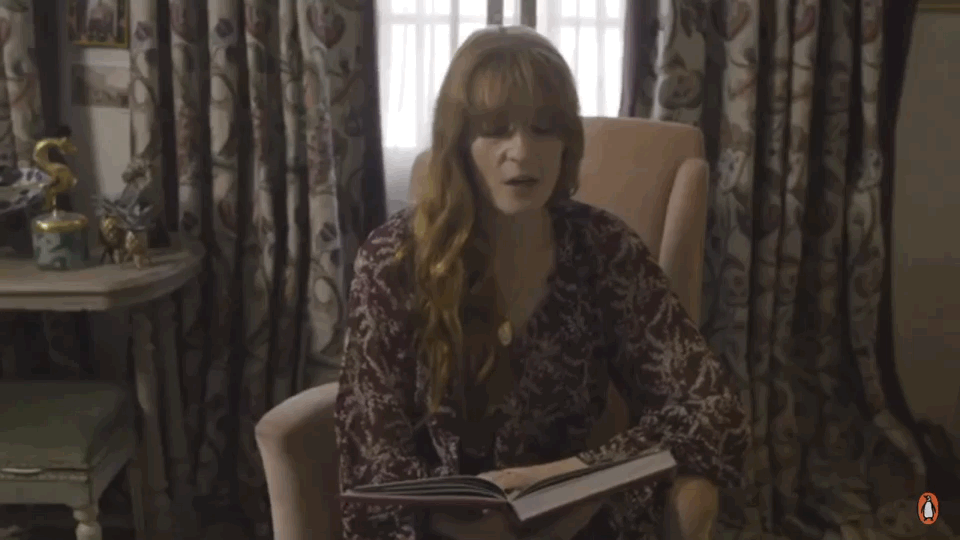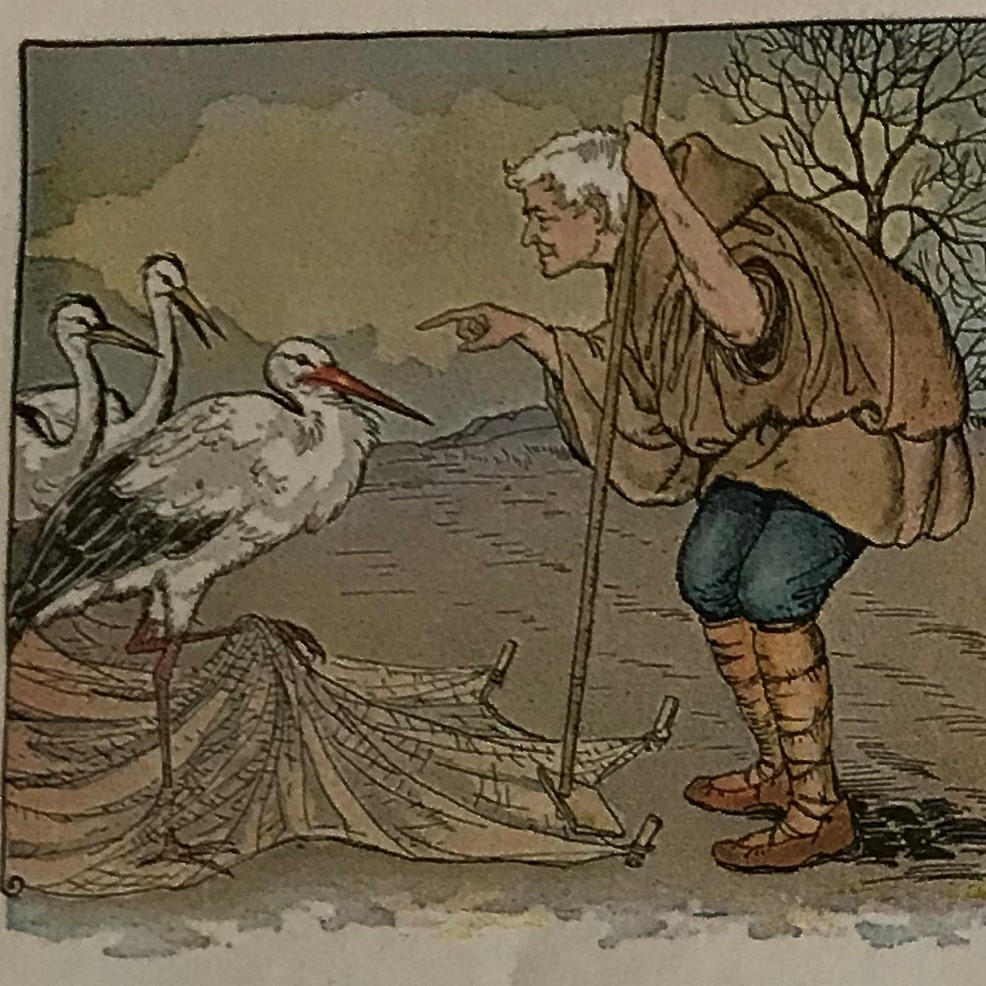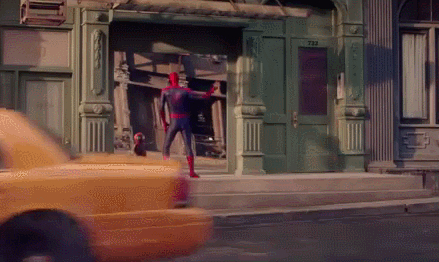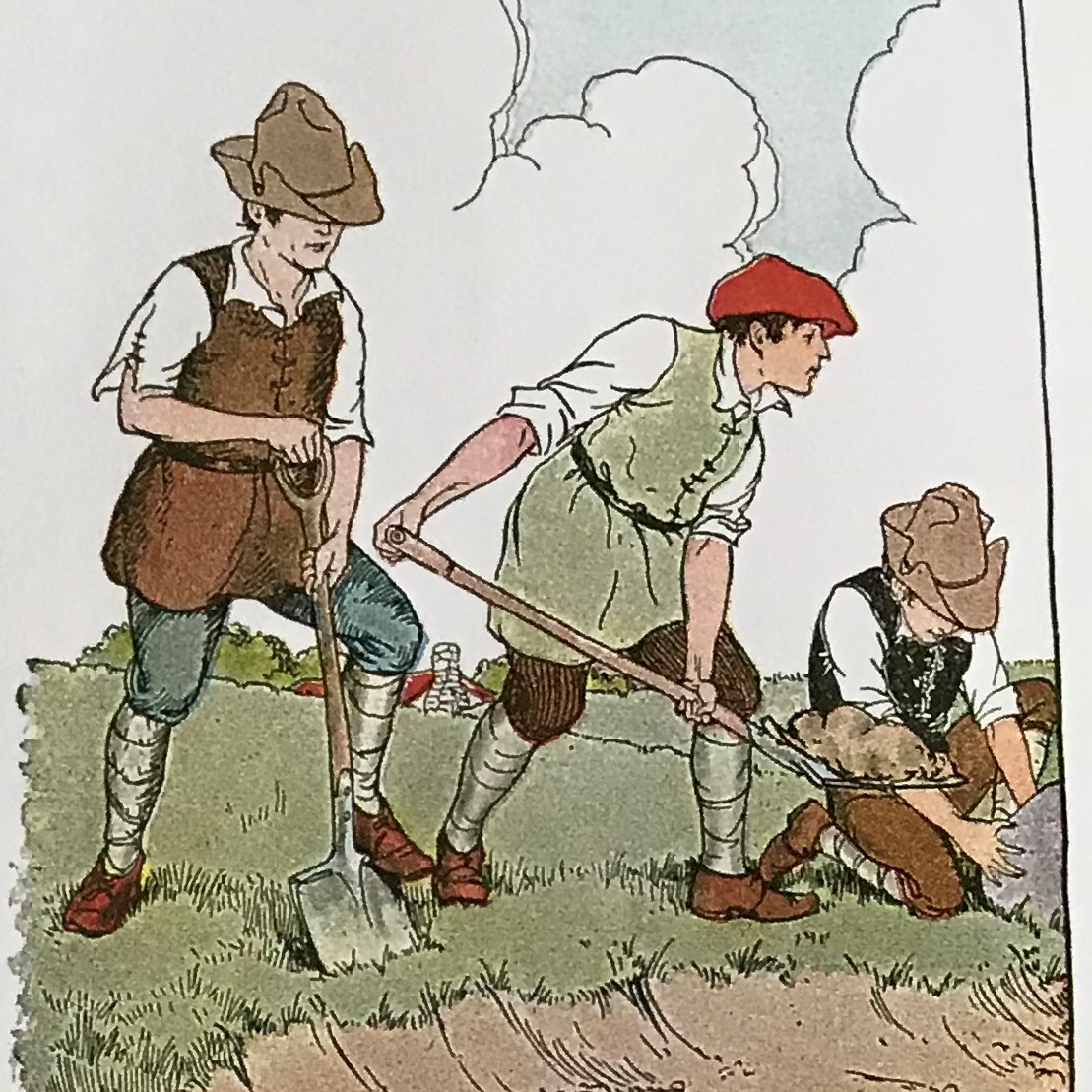Pinterest Board for K-8 #storylearning tools, stories, and resources. #socialstories #sensoryreaders #sped #asd #spd >>> This board is open.
“THE FLIES & THE HONEY”
A jar of honey was upset and the sticky sweetness flowed out on the table. The sweet smell of the honey soon brought a large number of Flies buzzing around. They did not wait for an invitation. No, indeed; they settled right down, feet and all, to gorge themselves. The Flies were quickly smeared from head to foot with honey. Their wings stuck together. They could not pull their feet out of the sticky mass. And so they died, giving their lives for the sake of a taste of sweetness.
A social story for separation anxiety: “A Smile Goodbye”
What can I do when we have to go to work? This social story about why school and work are important, who will care for me there, and how I can make it go by faster will tell me.
A bitter account of living with misophonia, sensory scientists develop a taste test that can measure sensitivity in preschoolers, and different brain areas have been identified as critical in temporal processing
“Misophonia is a troublesome disorder. My sensory issues go far beyond the grasp of sights and sounds. I feel it every time I touch water that is too hot or cold. I feel it when velvet touches my skin and makes me cringe. If I step out into the hot summer heat after my blissfully air-conditioned atmosphere I can feel the hold on my body. All of my senses are subject to sensory overload and under-load. If I do too much I feel my body pull out from under me. My back crumbles under the pressure.”
“THE FISHERMAN & THE LITTLE FISH”
A poor Fisherman, who lived on the fish he caught, had bad luck one day and caught nothing but a very small fry. The Fisherman was about to put it in his basket when the little Fish said:
“Please spare me, Mr. Fisherman! I am so small it is not worth while to carry me home. When I am bigger, I shall make you a much better meal.”
But the Fisherman quickly put the fish into his basket.
“How foolish I should be,” he said, “to throw you back. However small you may be, you are better than nothing at all.”
A social story for going back to school: “My First Day of School”
What will the first day of school be like? This social story about letting go of summer, what will happen on the first day of school, and how I can make new friends there will tell me.
Florence Welch shares poetry in her book Useless Magic, a mind-bending sensory reading list from Tom Parks, and humans can detect quantum photons
“Welch’s mother is a professor of Renaissance studies at King’s College London who worried about her daughter skipping university to focus on her musical career, lamenting “what a waste of a brain!” Both the lyrics and the poetry in Useless Magic validate Welch’s choice, offering a chance to appreciate on the bare stage of the blank page the fineness of her words. And like fellow poet-musician Nick Cave (thanked for “inspiration and encouragement” here), Welch has found a way for the song and the voice of the rabbit-hearted girl to coexist. As she says herself: “you can have everything.”
“THE FARMER & THE STORK”
A Stork of a very simple and trusting nature had been asked by a gay party of Cranes to visit a field that had been newly planted. But the party ended dismally with all the birds entangled in the meshes of the Farmer’s net.
The Stork begged the Farmer to spare him.
“Please let me go,” he pleaded. “I belong to the Stork family who you know are honest and birds of good character. Besides, I did not know the Cranes were going to steal.”
“You may be a very good bird,” answered the Farmer, “but I caught you with the thieving Cranes and you will have to share the same punishment with them.”
A new social story book for kids about how to research: “A Story Shows Me How to Be a Hero”
How do I get a new thing I want? This social story about learning how to get new things and becoming a Hero for others from listening to stories will tell me.
“THE FARMER & THE HIS SONS”
A rich old farmer, who felt that he had not many more days to live, called his sons to his bedside.
“My sons,” he said, “heed what I have to say to you. Do not on any account part with the estate that has belonged to our family for so many generations. Somewhere on it is hidden a rich treasure. I do not know the exact spot, but it is there, and you will surely find it. Spare no energy and leave no spot unturned in your search.”
The father died, and no sooner was he in his grave than the sons set to work digging with all their might, turning up every foot of ground with their spades, and going over the whole farm two or three times.
No hidden gold did they find; but at harvest time when they had settled their accounts and had pocketed a rich profit far greater than that of any of their neighbors, they understood that the treasure their father had told them about was the wealth of a bountiful crop, and that in their industry had they found the treasure.

